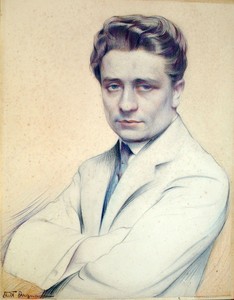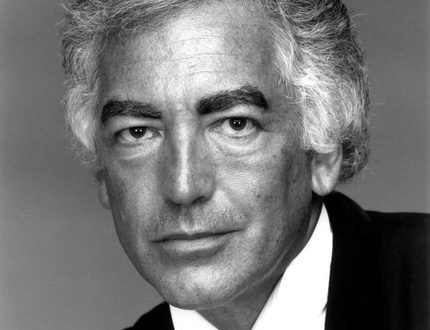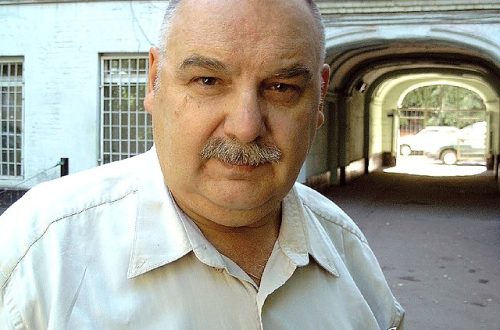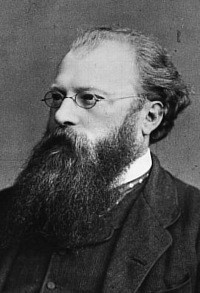
Tullio Serafin |
Tullio Serafin

A contemporary and colleague of Arturo Toscanini, Tullio Serafin is a true patriarch of modern Italian conductors. His fruitful activity covers more than half a century and played an important role in the development of Italian musical art. Serafin is primarily an opera conductor. A graduate of the Milan Conservatory, he absorbed the old traditions of the national opera school with its cult of melodic beauty and broad romantic pathos, most clearly manifested in the music of the 1900th century. After graduation, Serafin played the violin in the theater orchestra and made a number of tours with the troupe to different countries. He then returned to the conservatory, where he studied composition and conducting, and in XNUMX he made his debut at the theater in Ferrara, conducting Donizetti’s L’elisir d’amore.
Since then, the popularity of the young conductor began to grow rapidly. Already at the beginning of the century he performed in the theaters of Venice, Palermo, Florence and Turin; in the latter he worked permanently in 1903-1906. After that, Serafin led the concerts of the Augusteo Orchestra in Rome, the Dal Verme Theater in Milan, and already in 1909 he became the chief conductor of La Scala, with whom he was closely associated for many years and to whom he gave a lot of strength and talent. Here he won fame not only in the traditional Italian repertoire, but also as an excellent interpreter of the operas of Wagner, Gluck, Weber.
The following decades are the period of the highest flowering of Serafin’s talent, the years when he wins world fame, tours in most theaters in Europe and America. For ten years he was one of the leading conductors of the Metropolitan Opera, and in his homeland he headed the Roman Communale Theater and the Florentine Musical May festivals.
Famous for his performance of Italian operatic music, Serafin never limited his repertoire to a narrow circle of selected masterpieces. Both at home and abroad, he constantly promoted the work of his contemporaries, performing the best works of composers from different countries. So, many Italian operas of the XNUMXth century first saw the light of the limelight in London, Paris, Buenos Aires, Madrid, New York thanks to this musician. Wozzeck by Berg and The Nightingale by Stravinsky, Ariana and the Bluebeard by Duke and Peter Grimes by Britten, The Knight of the Roses, Salome, Without Fire by R. Strauss, The Maid of Pskov. The Golden Cockerel, Sadko by Rimsky-Korsakov – all these operas were first staged in Italy by Serafin. Many of Rimsky-Korsakov’s operas were first performed in the United States under the direction of Serafina, as well as de Falla’s “Life is Short”, Mussorgsky’s “Sorrcina Fair”, Puccini’s “Turandot” and Ponchielli’s “La Gioconda”.
Serafin did not leave active artistic activity until a very old age. In 1946, he again became the artistic director of the revived La Scala theatre, in the fifties he made great tours, during which he conducted concerts and performances in Europe and the USA, and back in 1958 he performed Rossini’s opera The Virgin lakes.” In recent years, Serafin has been a consultant to the Rome Opera.
A deep connoisseur of vocal art, who worked with the greatest vocalists of our time, Serafin contributed with his advice and help to the promotion of a number of talented singers, including M. Kallas and A. Stella.
L. Grigoriev, J. Platek





